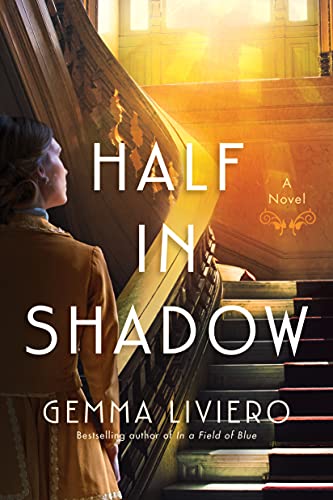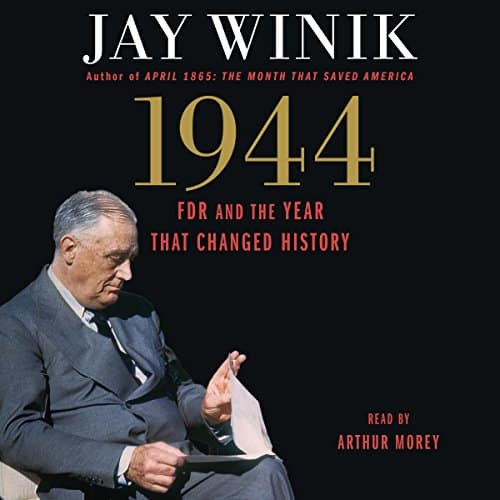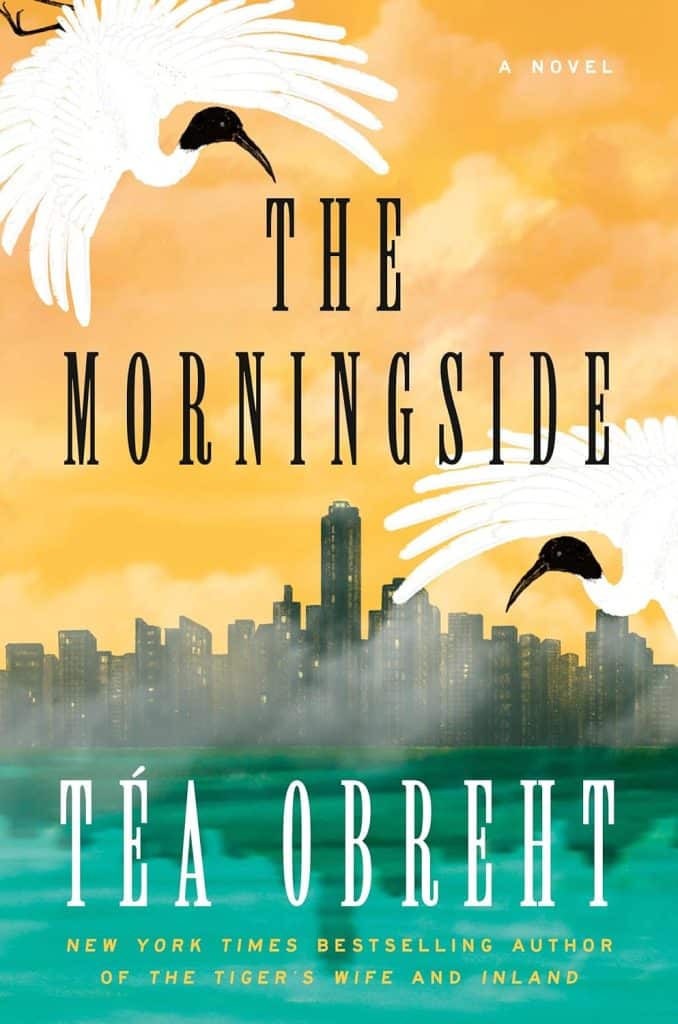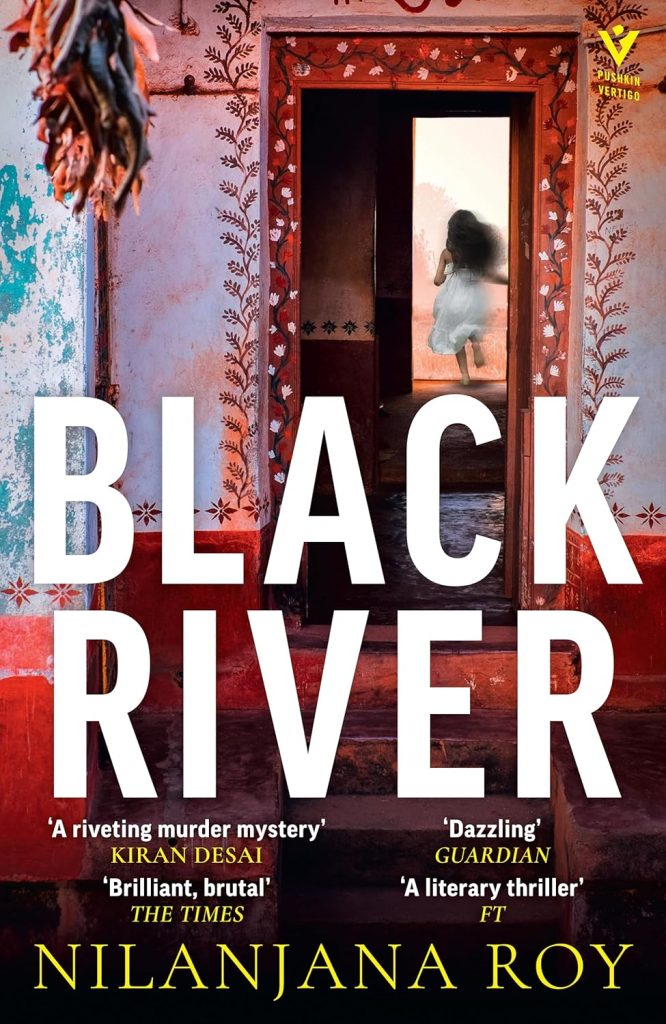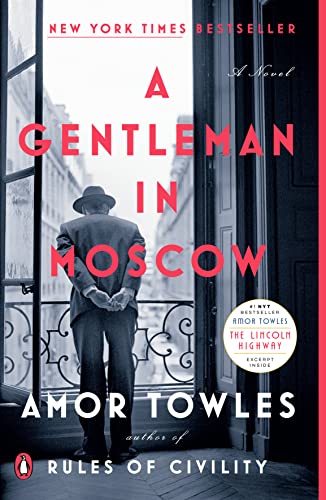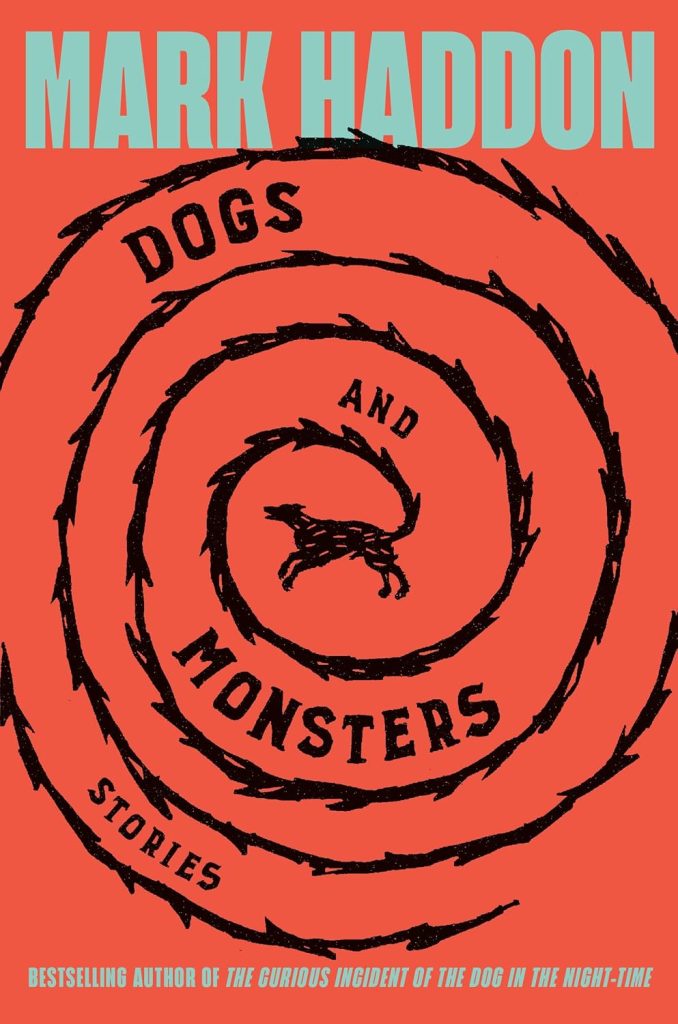My 2025 Big Climb to Conquer Cancer!
Estimated reading time: 7 minutes, 49 secondsWhy I Participate in the Big Climb:
A Personal Journey
People often ask me why I took on the Big Climb at my age when it would be much simpler to write a check. Last year, as I tackled the climb, I consciously tried to reflect on my “why” and embrace the powerful emotions that surged within me throughout the journey. It was a reminder that there’s something truly special about being part of the challenge rather than just contributing from afar.
As I ascended the staircase for the 2024 Big Climb, I was overwhelmed by a torrent of emotions, tears cascading down my cheeks as if I were standing under an unrelenting waterfall. Memories of my beloved wife, Jan, who had tragically passed away nearly three years ago, flooded my mind. I understood that no amount of crying could bring her back to me; still, my heart felt like it was burdened with an enormous weight of grief and sorrow.
Despite my attempts to compose myself, the tears continued to flow freely, and I almost envisioned the volunteers standing by, ready to mop up the sorrowful trail I was leaving behind on those steps. Each droplet seemed to carry not just my sorrow for Jan but also an outpouring of empathy for the countless others grappling with the harrowing impact of cancer.
I thought about all the brave souls who had heard the devastating words, “You have cancer,” and the many families left heartbroken after losing loved ones to this relentless disease. Every three minutes, a doctor delivers that life-altering diagnosis, and every nine minutes, a precious life is extinguished.
Upon reaching the ninth floor, I paused to steady my breath and wipe away the remnants of my tears. The walls were adorned with the ‘Why I Climb Photos,‘ each frame a testament to love and loss. These photos, shared by participants who have been personally affected by cancer, serve as a powerful reminder of why we continue to fight. My gaze fell upon a photograph of Jan, and I whispered the three most powerful words I know: ‘I love you.’ Those words resonated not only for her but also for every person who has endured suffering, directly or indirectly.
As we journey through the 21st century, it’s a bitter realization that a cure for cancer remains elusive. Yet, my spirit remains unbroken as I prepare to participate in the Big Climb, an inspiring event dedicated to raising crucial funds for cancer research.
Regardless of how weary my legs might become with each step, I am resolute in my commitment to conquer this climb year after year. One day, I may even require the support of my sons to make it to the top, but the cause—this fight against cancer—is far too important to overlook. I am ready to endure any discomfort, pushing through the fatigue, to demonstrate my unwavering support for the ongoing efforts to eliminate this disease once and for all.
After almost 48 years, I recently lost my wife, Jan Lilien. Like The Little Prince, Jan and I believed that “The most beautiful things in the world cannot be seen or touched, they are felt with the heart.” This blog is a collection of my random thoughts on love, grief, life, and all things considered.



